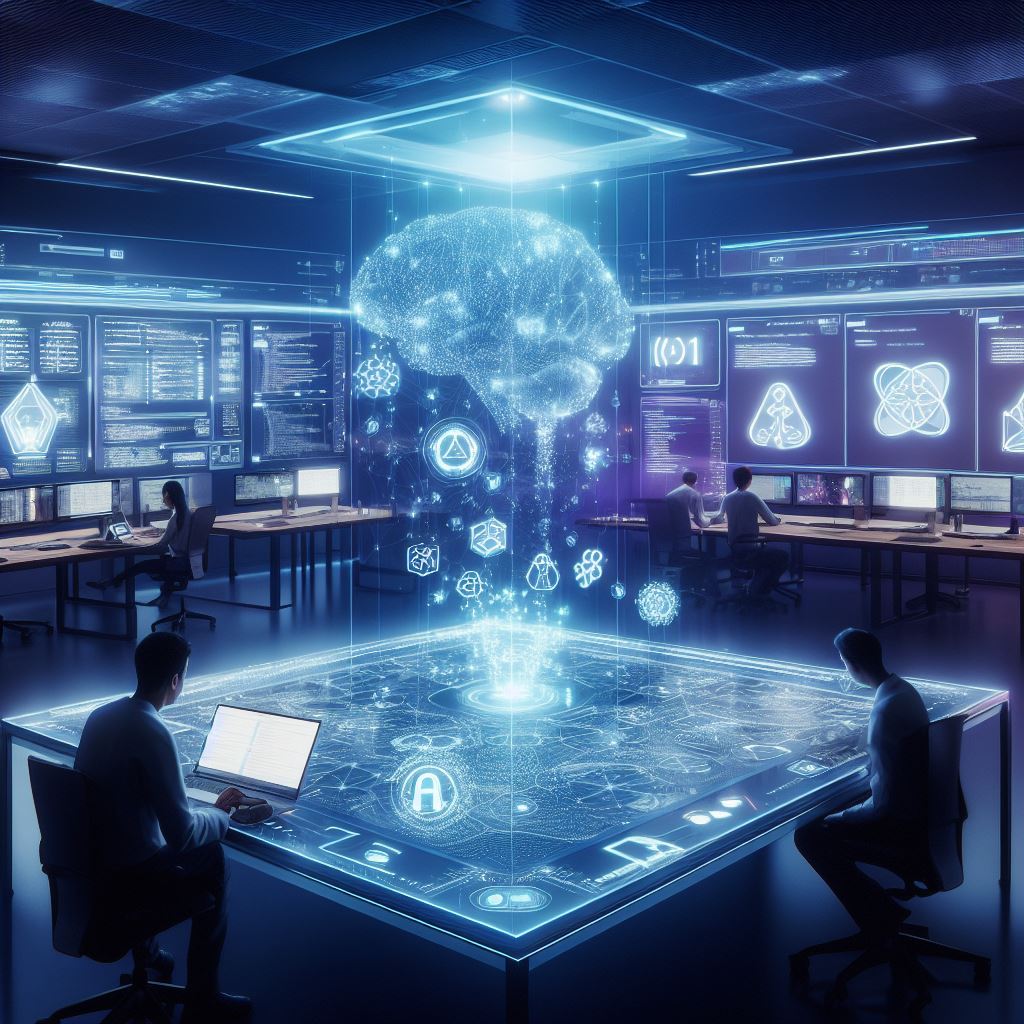Brace yourself for a sobering exploration of AI-powered programming tools. Uncover the unsettling flaws and ethical concerns lurking beneath the surface of tools like OpenAI Codex, GitHub Copilot, and others.

Introduction
In the ever-evolving world of technology, the rise of artificial intelligence (AI) has been nothing short of revolutionary. As a software developer, I've witnessed firsthand the transformative impact of AI on the programming landscape. Today, I'd like to share with you a comprehensive look at the dark side of AI-powered programming tools, exposing the unsettling flaws and ethical concerns that often go unnoticed. So, brace yourself for a sobering journey into the heart of AI-assisted programming.
1. OpenAI Codex: Too Good to Be True?
OpenAI Codex is hailed as a game-changer, but is it too good to be true? While it can generate code with uncanny accuracy, it's not infallible. Misinterpretations and unintended consequences are a dark shadow lurking behind the scenes. Learn more about OpenAI Codex
2. GitHub Copilot: The Code Conjurer
GitHub Copilot may seem like magic, but magic has its secrets. Behind the scenes, it sometimes conjures up code that's clever but not necessarily correct. Relying blindly on its suggestions can lead to unforeseen pitfalls. Explore GitHub Copilot
3. DeepCode's Judgement
DeepCode's code review abilities are impressive, but can it be too judgmental? It's not immune to misjudging code quality or stifling creativity by adhering too strictly to conventional norms. Check out DeepCode
4. TabNine's Predictive Power
TabNine's code completion prowess is unmatched, but it can sometimes predict the wrong thing. Blindly accepting its suggestions can lead to code that works, but not quite as intended. Discover TabNine
5. Kuki Chatbot's Limitations
Kuki Chatbot may provide assistance, but it's not infallible. Relying solely on its advice can lead to misguided decisions and a false sense of security. Learn about Kuki Chatbot
6. CodeGPT's Automation
CodeGPT automates coding tasks, but can it be too automated? It may streamline processes, but the risk of oversimplification and missing critical nuances is real. Explore CodeGPT by Amazon
7. Polycoder's Craftsmanship
Polycoder crafts code efficiently, but it lacks the human touch. The code it generates can be flawless from a technical standpoint but may lack elegance and creativity. Check out Polycoder
In Conclusion: The Unsettling Truth
As we delve deeper into the realm of AI-assisted programming, it's imperative to acknowledge the unsettling truth. These tools, while remarkable, are not without their flaws. They can misinterpret, mislead, and sometimes produce suboptimal code. Moreover, ethical concerns about data privacy, bias, and the potential for job displacement loom large.
This exploration serves as a reminder that technology, even AI, is a double-edged sword. While it offers incredible potential, it also presents challenges that must be navigated carefully. As developers, it's our responsibility to embrace these tools thoughtfully, understanding their limitations and ethical implications. Only then can we harness the power of AI while safeguarding the integrity of our craft.
